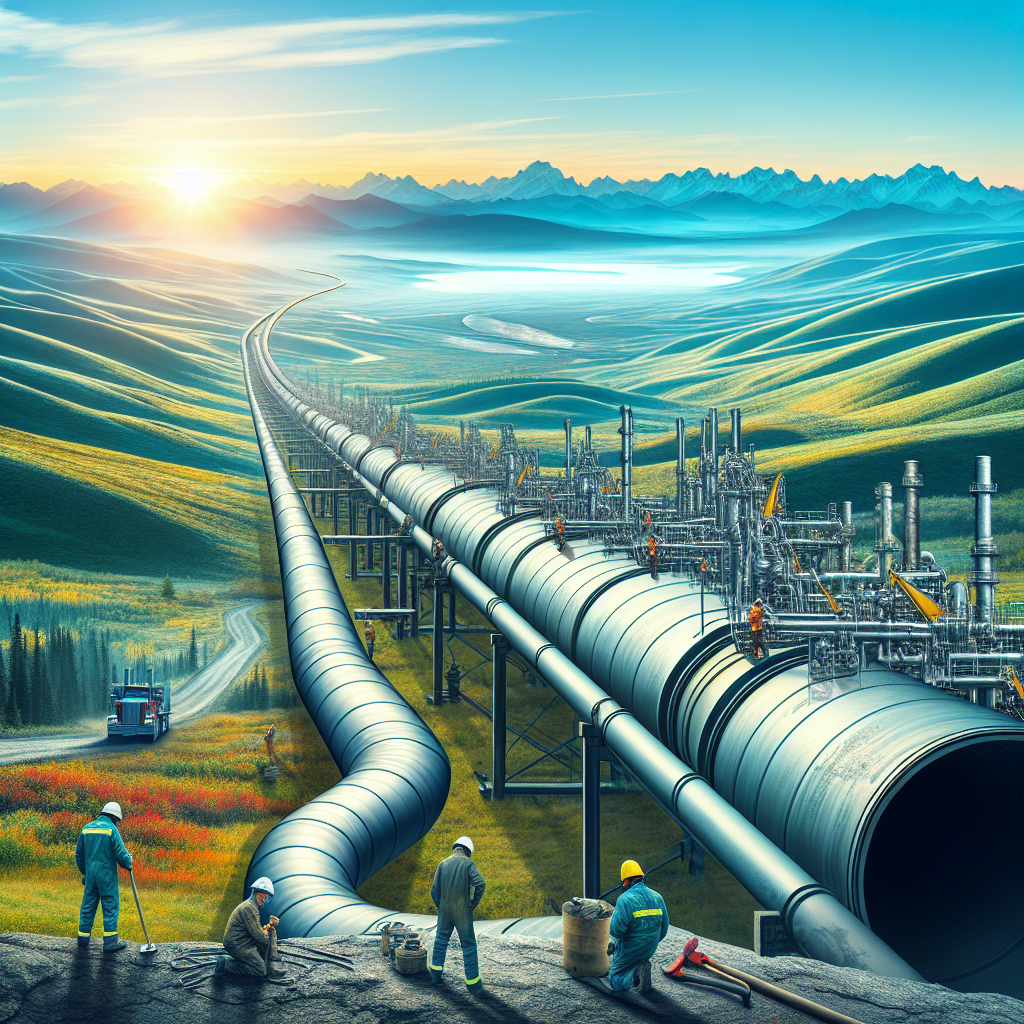Hungary-Serbia Oil Pipeline: A Strategic Energy Partnership
Hungary and Serbia plan to build an oil pipeline to supply Serbia's oil needs by 2028, signaling stronger ties with Russia. The pipeline, starting in 2026, will boost energy security despite EU attempts to cut Russian energy dependence. The project includes enhancing existing infrastructure for strategic benefits.

Hungary and Serbia are collaborating on a new oil pipeline expected to meet Serbia's crude oil requirements by 2028, as announced by Hungarian Foreign Minister Peter Szijjarto. Construction is set to commence by 2026, promising an annual capacity of 4-5 million tons.
The two countries, historically reliant on Russian oil, solidified their agreement in 2022 amidst European Union efforts to reduce dependency on Russian energy following the Ukraine invasion. The pipeline aligns with Hungary's ongoing reliance on Russian crude, which accounts for the majority of its energy imports.
With feasibility confirmed by Hungarian oil company MOL, the pipeline project includes expanding existing facilities and constructing a 190-kilometer extension to the Serbia border. This move aims to enhance energy security for both nations, promising a strategic energy alignment in the region.
(With inputs from agencies.)










